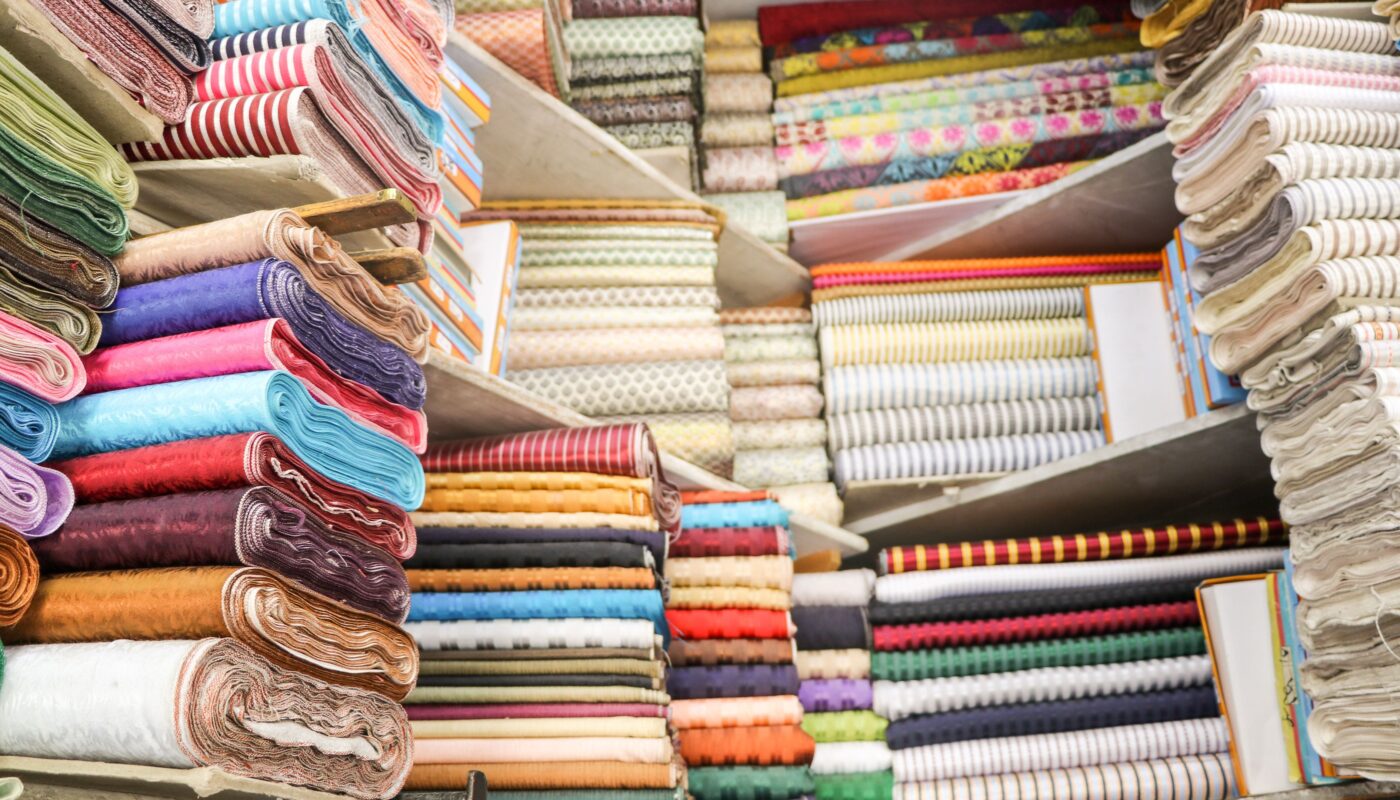Lyocell is a type of cellulosic fiber which is made from natural resources like wood pulp or cotton pulp through an environmentally sustainable production process called solvent spinning. Lyocell fabric is breathable, absorbent, soft and durable. It is primarily used in apparel applications like shirts, trousers, dresses, underwear, etc. owing to its superior characteristics. The apparel industry has been adopting lyocell fabric extensively to manufacture comfortable clothing made from natural materials. Major clothing brands are focusing on incorporating sustainable fabrics like lyocell in their products to meet rising consumer demand for eco-friendly textiles.
The global lyocell fabric market is estimated to be valued at US$ 1.26 Bn in 2023 and is expected to exhibit a CAGR of 6.8% over the forecast period 2023 to 2030, as highlighted in a new report published by Coherent Market Insights.
Market Dynamics:
One of the key drivers for the lyocell fabric market is the growing demand for sustainable fabrics from the apparel industry. Customers are increasingly preferring clothing made from natural fibers that have lower environmental impact. This rising consumer preference for eco-friendly apparel is encouraging major apparel brands and retailers to use lyocell in their products. Another factor propelling the market growth is stringent environmental regulations regarding textile processing and disposal of fabric waste. Governments across regions are promoting the use of eco-friendly materials like lyocell through policy support and initiatives. This is positively impacting the adoption of lyocell fabric in the apparel and textile sector.
Segment Analysis
The lyocell fabric market is dominated by the apparel segment which holds around 60% share of the total market. Lyocell fabrics are breathable and absorbent in nature making them suitable for various apparel applications like shirts, trousers, dresses etc. Within apparel, casual wear is the fastest growing sub-segment as lyocell fabrics offer moisture wicking and quick drying properties ideal for casual clothing. Home textiles is the second largest segment driven by increasing demand for eco-friendly linen and bed sheets.
PEST Analysis
Political: No significant trade barriers exist for lyocell fabrics between major countries. Some countries provide subsidies and tax benefits to promote sustainable textile production.
Economic: Growing disposable incomes in developing nations is driving demand for branded apparel and home textiles made from lyocell. However, fluctuating wood pulp and cotton prices impact lyocell production costs.
Social: Increasing consumer preference for comfortable, breathable and eco-friendly fabrics is a major driver for lyocell. Rising environmental awareness is also increasing adoption of lyocell due to its sustainable production process.
Technological: Manufacturers are focusing on developing innovative lyocell fabric blends with other natural fibers to enhance properties like strength and wrinkle-resistance. New production technologies help reduce water consumption in the lyocellization process.
Key Takeaways
The global Lyocell Fabric Market Growth is expected to witness high growth over the forecast period of 2023 to 2030 supported by rising apparel and home textile demand from Asia Pacific and Middle East & Africa regions. Regional analysis comprises:
The Asia Pacific region currently dominates the lyocell fabric market led by countries like China, India and Indonesia. Growth in the region is driven by the massive textile and garment industry clusters and changing consumer preferences. Countries like India and Bangladesh are also emerging as fast growing export hubs for lyocell based apparel.
Key players operating in the lyocell fabric market are Sara Swati Engineering Limited, Schoeller Arca TIME Material Handling Solution, Mekins Group, Swift Technoplast Private limited, Doll Plast Pallets, JIT Wood Packaging, LEAP India Pvt. Ltd., Spanco Enterprises, Bharadwaj Packaging Private Limited, Aristoplast Products Pvt. Ltd., B.D. Industries (India) Pvt. Ltd., Total Pack, and DNA Packaging Systems. Key players are focusing on capacity expansion projects and new product development to strengthen their market position.
*Note:
1. Source: Coherent Market Insights, Public sources, Desk research
2. We have leveraged AI tools to mine information and compile it



